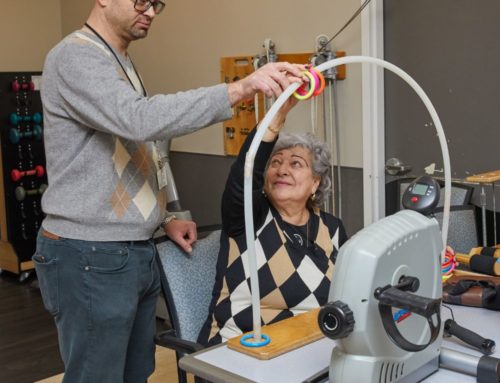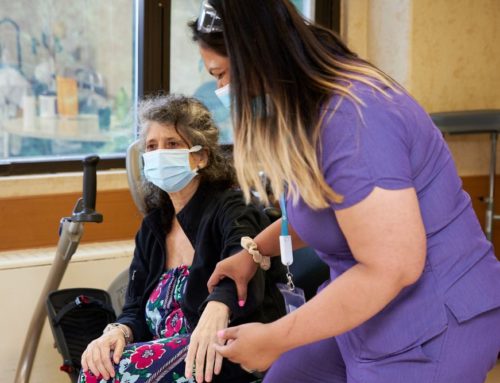Ways To Stop Dementia From Progressing
There are tried and tested things we can do to stop dementia from progressing. So, if your loved one shows signs of early dementia, educate yourself. Take medical advice and read up on the disease and what can be done about it. They will need care, support, and a plan of action.
People with dementia often have mood swings and can be aggressive. Other symptoms of dementia include disorientation, repetition of the same words, and loss of concern about safety or hygiene. One of the most common forms of dementia is Alzheimer’s disease. While there is no cure for Alzheimer’s or other forms of dementia, there are some actions that can help. Treatments, therapies and interventions aim to slow down the onset of the disease.

A healthy diet for the brain
One of the most important things we can do to stop dementia from progressing is to eat healthy food. Eating plenty of fresh fruit and vegetables helps get the right nutrients to the brain. Low calorie diets, such as in the Mediterranean, can protect people from dementia.
Turmeric, a spice, may slow down the onset of dementia, and fish, which contains omega-3 fatty acids, is also beneficial. Many older people undergoing rehab feel isolated. Eating a healthy meal in the company of others while chatting is highly beneficial for a person’s overall well-being.
What to avoid
Research suggests that eating fatty foods with artificial preservatives can interfere with the memory. To stay healthy, avoid fatty food that raises your cholesterol levels. Furthermore, cholesterol deposits on the brain are known to cause the development of dementia. Try to limit red meat, sugar, and saturated fats in your diet.
Cherries, oranges and prunes, and vegetables like kale, onions and spinach, on the other hand, help lower your cholesterol levels. They contain antioxidants that can help protect brain cells and stop dementia from progressing.
Mild exercising to stop dementia from progressing
Mild exercise helps improve muscle strength, cardiovascular health and the flow of oxygen to the brain. Having a healthy heart helps reduce some of the risk factors associated with dementia. It’s important not to smoke or get overweight.
Light exercise routines often also help you sleep better at night. Any physical therapy needs to be done with the right advice from your doctors, nurses or therapists. Combined with a healthy diet, supervised light exercise, done safely, can help you remain independent and stop dementia from progressing.
Regular physical activity improves cognitive performance and slows the decline in cognitive function. A variety of physical and social activities appears to be the best way to help people with dementia. Even older people who may have just had surgery can benefit from a carefully supervised exercise regime.
Physical therapy helps balance and coordination and stimulates the brain. It is a great stress reliever, too, and provides an opportunity to chat and socialize. Socializing and talking keeps you focused and helps to stop dementia from progressing. Examples of low impact physical activities appropriate for people undergoing rehab include walking, chair yoga, meditation.
Fairview Rehab and Nursing Home
Fairview rehab and nursing home in Queens, NY, has mental health professionals with experience of evaluating and treating dementia. Our rehabilitation program for patients with brain impairments such as dementia helps achieve step-by-step progress. The aim is to improve the person’s physical and emotional well-being in a caring and loving environment.
Dementia care depends on a patient’s medical history. We tailor therapies and clinical interventions to their specific needs and like to work closely with family members.
Our dedicated staff offer the smiles, care and support that people who have come from an acute-care setting need. Our first-class clinical services and award-winning recreation therapy programs benefit dementia patients and help stop dementia from progressing.
This article contains informational and educational materials and does not replace health or medical advice. For questions or concerns regarding your medical condition or health objectives, speak to a qualified physician or healthcare provider.






Leave A Comment